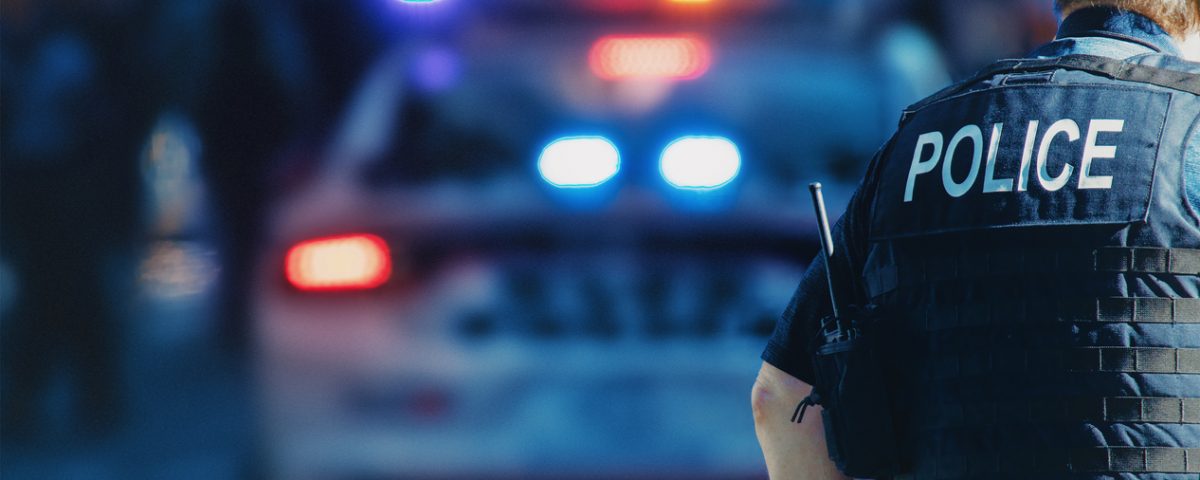Health & Wellness for Police Force

Traits of Successful Special Education Teachers
June 8, 2021
Helpful Products for K-9 Handlers
June 21, 2021Health & Wellness for Police Force
Researching and selecting insurance policies for civilian clients is sufficiently complicated, but the process is even more complex when it comes to police force members. While violence is usually the threat they worry about most, the truth is that many officers unknowingly put themselves at equal risk by the way they treat themselves when off-duty. Here is an explanation of police’s health and wellness problems and a few suggestions for how the officers you serve can decrease their personal risks through self-care.
Health and Wellness Problems
It should come as no surprise to learn that police force officers experience a high level of on-the-job stress. What is unexpected, however, is the huge physical toll that this day-to-day anxiety causes. Studies show that members of law enforcement have a higher risk of cardiovascular disease, obesity, suicide, and cancer than the general public.
A career in law enforcement also takes a toll on mental health. A study completed in 2020 discovered that police officers are at a greater risk of killing themselves than they are of a criminal killing them. For example, 140 American officers took their own lives in 2017, while only 129 died in the line of duty. In 2019, the number of police suicides increased to 228.
Physical Health Solutions
To become a police officer, applicants must pass a physical test of their strength and endurance. As with any other profession, however, it often becomes difficult to maintain fitness under the time constraints of job and family. To help them stay fit, officers need encouragement from families to take the time to exercise regularly when off-duty, even if it means an hour or two less of time at home in the evening.
Some police chiefs have also implemented department-wide exercise initiatives. If your local government does not have a similar program, then suggest the idea to your law enforcement clients. Local fitness centers are often willing to donate memberships to publicly demonstrate their support for the police.
Mental Health Solutions
National programs now exist to help officers deal with trauma and depression. For example, critical incident stress debriefing is a type of psychological first aid that officers can receive within the first 24 hours after a traumatic incident. Likewise, BLUE H.E.L.P. is an organization that provides a free, searchable database of emotional assistance resources for law enforcement personnel.
The most important thing you can do for a client who is experiencing a mental health crisis is to take the situation seriously. It is a myth that asking people whether they are considering suicide will put the idea into their minds. Listening carefully and asking questions may not be part of your usual duties as a broker, but it might just save a life.
About PGUI
Professional Governmental Underwriters, Inc., is a full-service risk management company dedicated to assisting public, educational and non-profit entities in the management of their professional liability exposures including educators liability insurance. We are dedicated to providing state-of-the-art professional underwriting management and loss control advisory services on behalf of our designated carriers. For more information, call us toll-free at (800) 586-6502.


